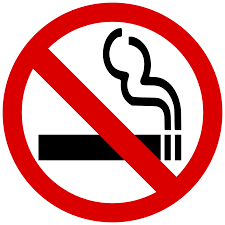A Guide to Drug Possession Penalties in Sacramento
California drug possession laws include two broad categories: simple possession and possession with the intent of selling. The California Health and Safety Code also separates the offense related to controlled substances, formerly classified as narcotics by state law, from crimes related to marijuana.
California law prohibits possession of controlled substances, including ecstasy, heroin, crack, cocaine, and ketamine. It also prohibits possession of prescription drugs like codeine or Vicodin, not unless the drugs were prescribed lawfully by a dentist, physician, podiatrist, or veterinarian with a license to practice in California. With the passage of Proposition 36 in 2000 and Proposition 47 in 2014, most individuals charged with this offense are eligible for a diversion program, and the charges have been reduced from felonies to misdemeanors. The maximum penalty in such offenses is up to one year in county jail or up to $1,000 fine.
It is a more serious offense in California to possess or purchase controlled substances for sale. Individuals charged with such crimes are not eligible for a diversion program under Proposition 36. The California law enforcement and prosecutors determine if the drugs in possession were for sale by looking at many factors. Individuals convicted with this felony offense could face up to four years in state prison.
California drug laws also prohibit selling, furnishing, administering, or otherwise transporting a controlled substance. An individual convicted with this felony offense could face a penalty of three to five years in state prison. Sacramento drug possession laws state that even a person selling a few leftover prescription pills to a friend could be charged with transportation and face severe consequences.
People found in possession of an opium pipe, device, or any other item used for injection or smoking of controlled substances could be charged with a misdemeanor. Drug paraphernalia may include hypodermic needles, bongs, pipes, and cocaine spoons. People convicted with this offense may face up to six months in county jail, but they are often eligible for a diversion program. Also, there are defenses available to defeat the charges; for instance, if you were found during an unlawful search or seizure by police officers.
Although recreational marijuana is legal in California, the law prohibits people less than 21 years of age from possessing it. Also, one is only allowed to possess up to one ounce of marijuana at a time. Growing, selling or transportation of marijuana remains a serious offense in California and is considered a felony offense. California law states that anybody convicted with these charges could face some years in state prison.










